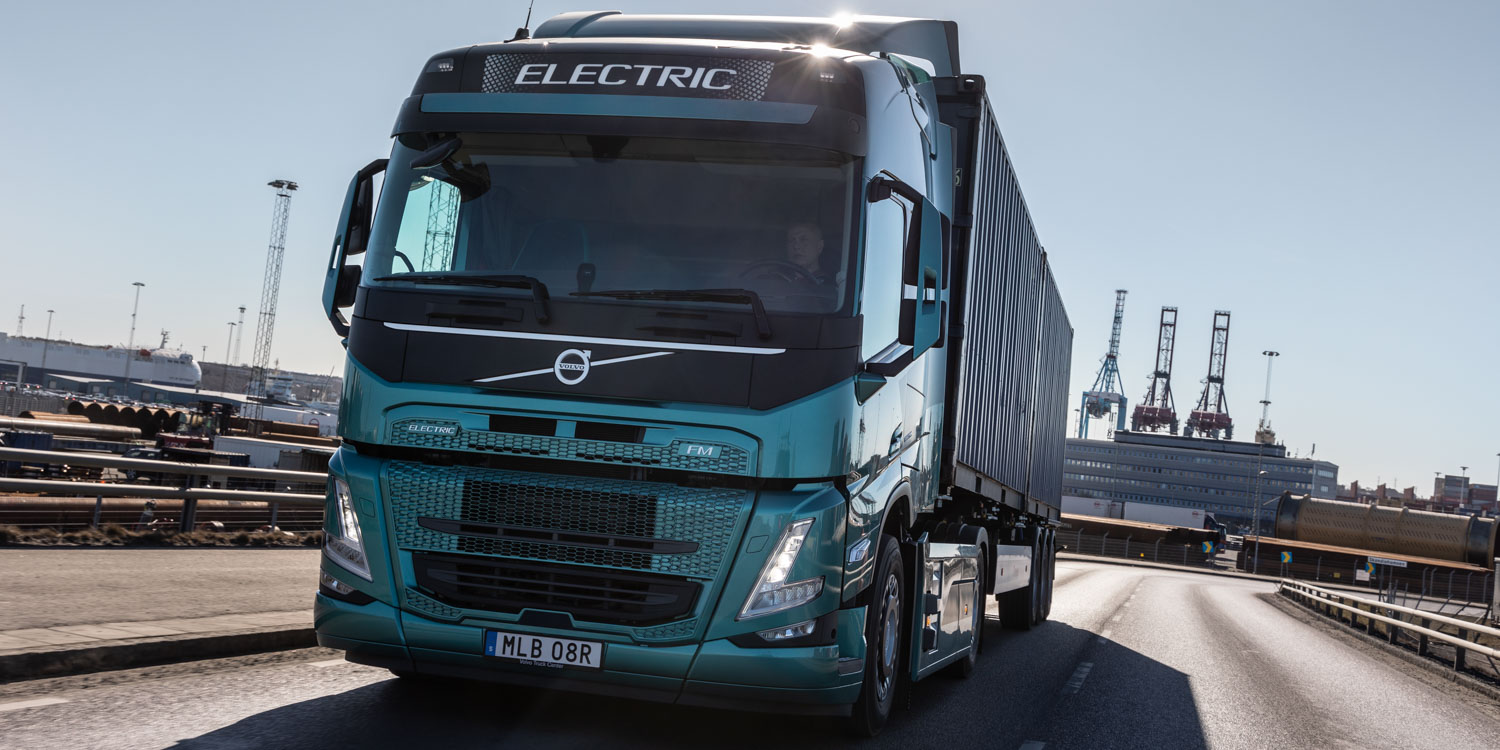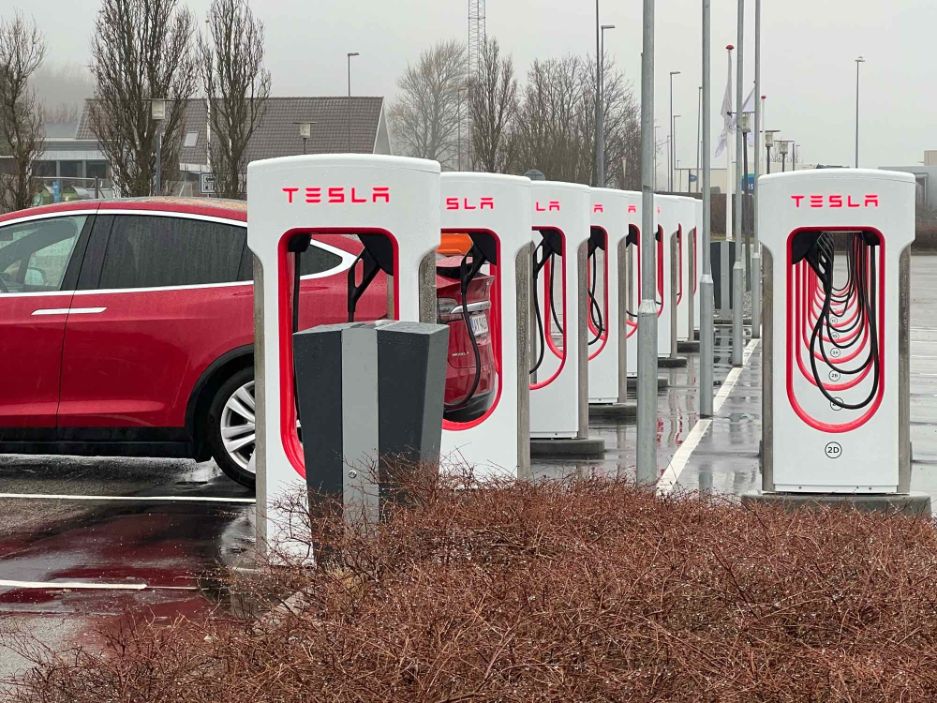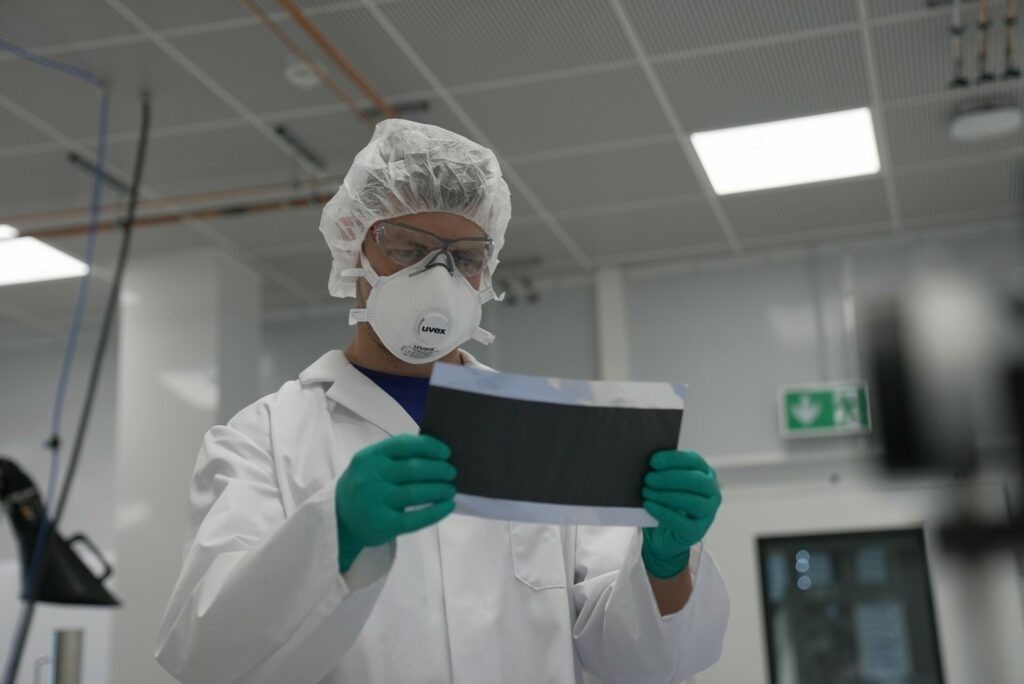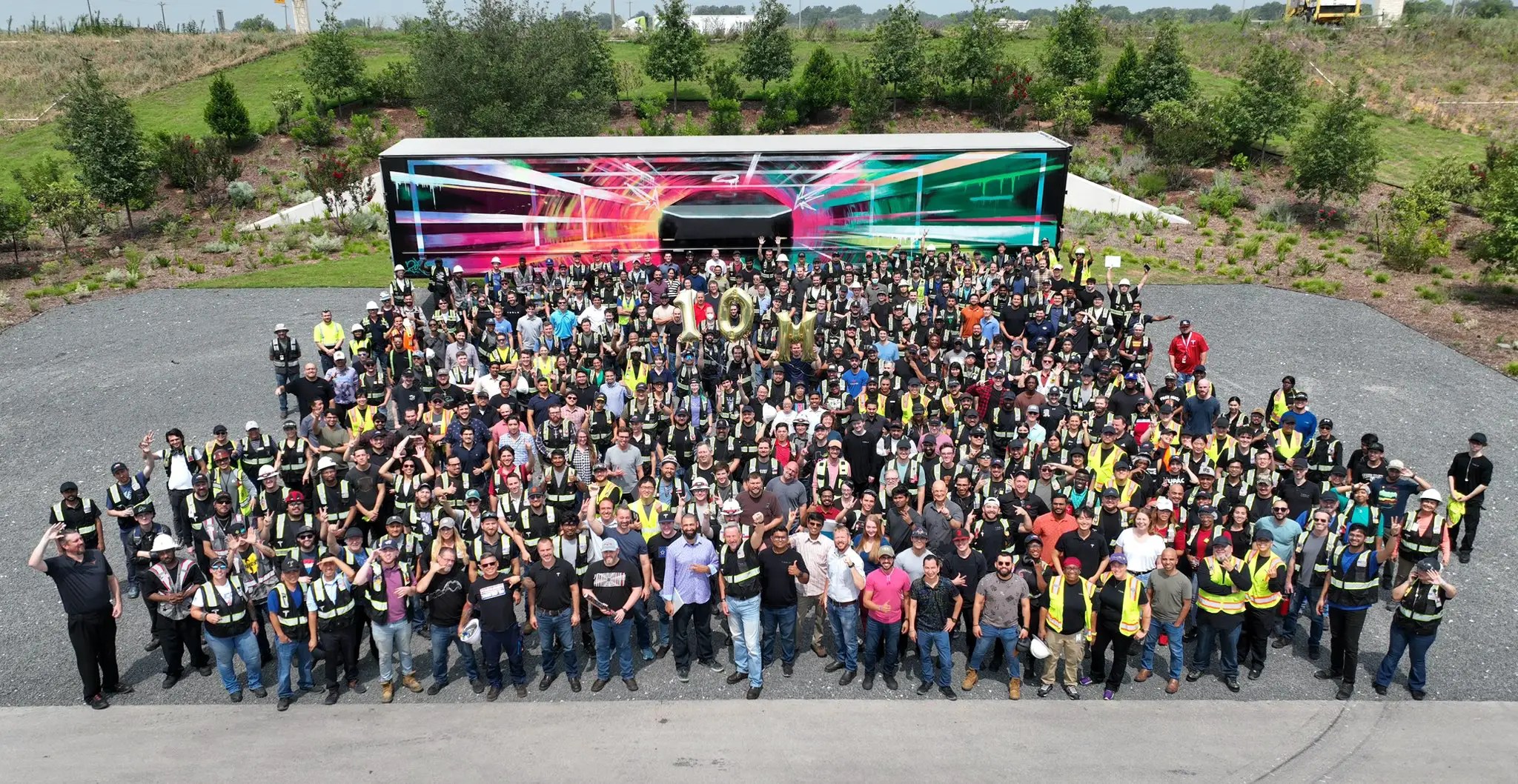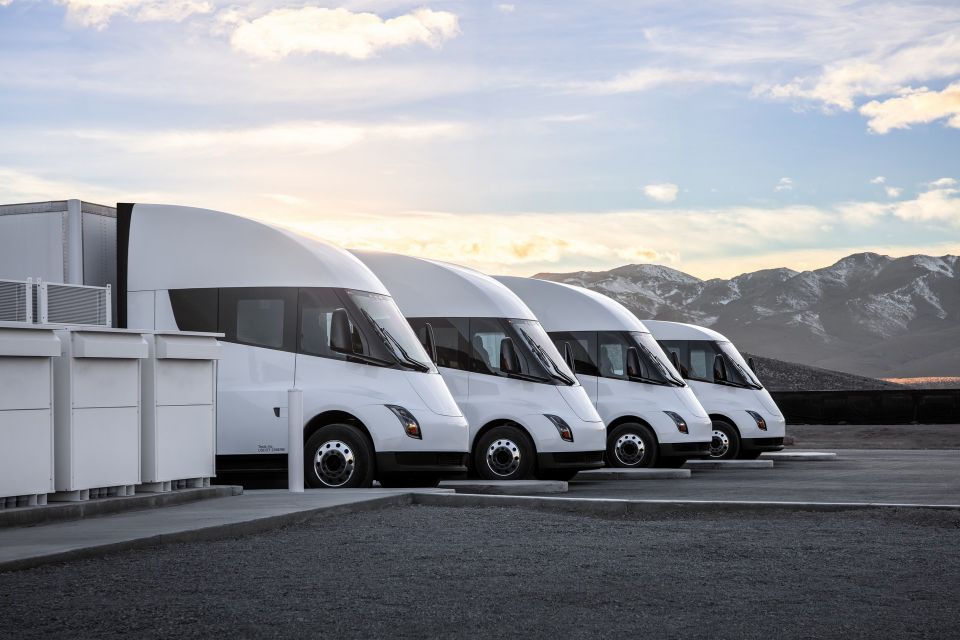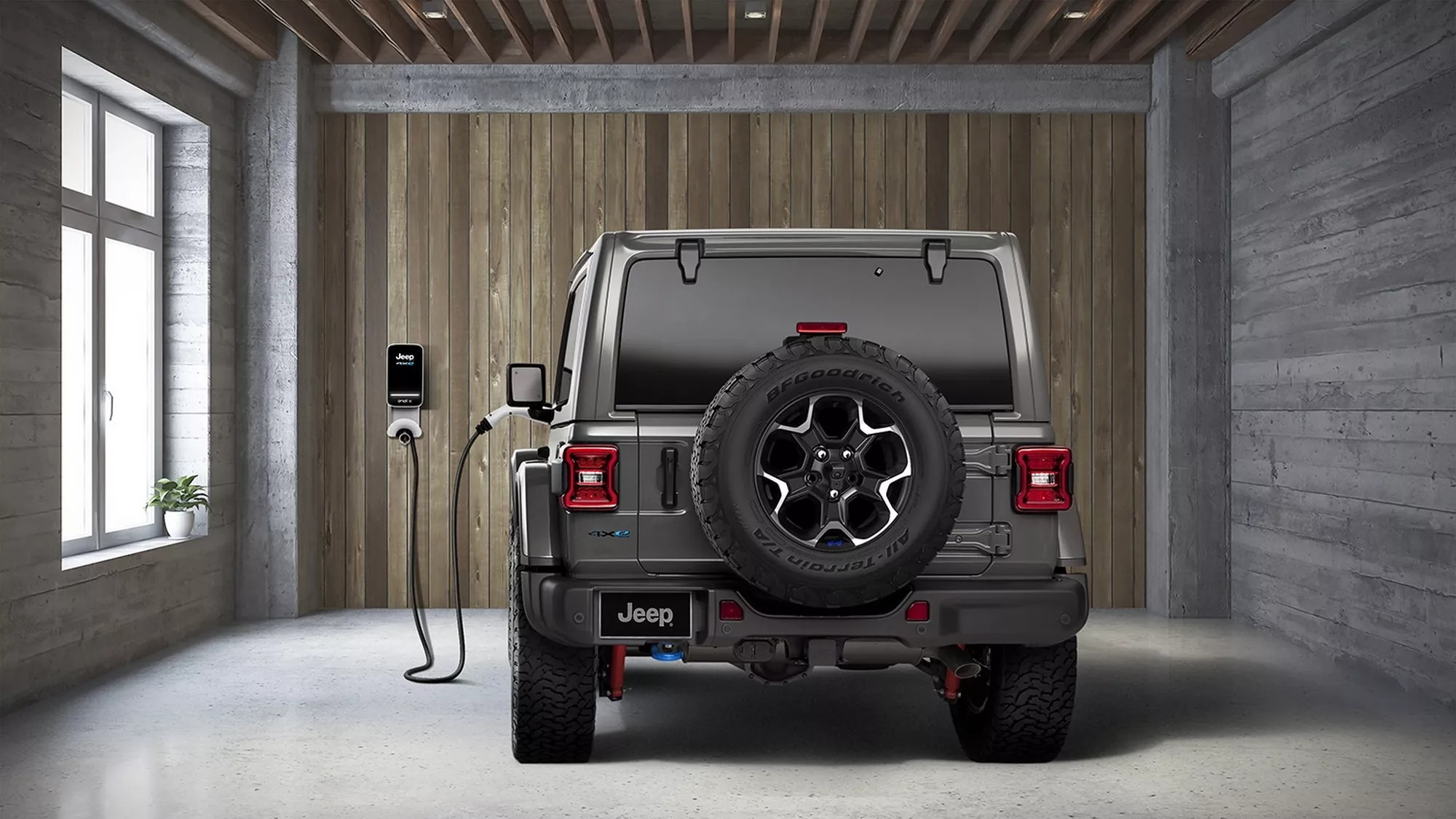A group of European manufacturers specializing in L7e microcars has joined forces to create a compelling alternative to large cars in urban areas. Founding members of the newly established “Microcars Coalition” include prominent companies such as Microlino, City Transformer, and Circle Mobility, with many others expected to join their cause in the near future.
The primary objective of the coalition is to raise awareness about microcars and their numerous benefits within cities. They aim to promote policies that incentivize individuals to transition from larger vehicles to microcars by ensuring favorable tax and subsidy regulations. Additionally, the coalition plans to collaborate with city governments to establish special exemptions and advantages for microcars in terms of traffic regulations and parking facilities.
The Microcars Coalition predominantly focuses on the L7e category, which represents four-wheeled fast microcars allowed to operate on any type of road, just like their full-sized counterparts. This category closely resembles the L6e vehicles, also known as light quadricycles, which are typically slower and limited to 45 km/h. L6e vehicles primarily serve the mobility needs of elderly individuals or teenagers who do not possess a driving license. In contrast, L7e microcars possess immense potential in addressing a wider range of societal challenges and offer remarkable solutions.
Implementing a mobility system centered around microcars, particularly in urban areas, brings forth several advantages. It leads to reduced pollution levels, alleviates urban congestion, promotes energy-efficient transportation, enhances safety for pedestrians and cyclists, and creates additional public space for green areas and sidewalks. The founders of the coalition highlight the fact that nearly 50% of urban public spaces are currently occupied by roads and parking facilities. Furthermore, approximately 80% of full-sized cars in operation only accommodate a single occupant.
While micro-mobility options like bicycles and public transport significantly contribute to easing the burden on urban transportation, studies indicate that around one-third of daily commuters are unwilling to compromise on factors such as safety, comfort, flexibility, and privacy. This is where the L7e standard microcars can bridge the gap effectively.
The initiators argue that mini-mobility vehicles are more affordable than standard electric vehicles due to their smaller size, consume less space, and offer more parking opportunities. “Our aim is to revolutionize the future of urban mobility and reclaim cities for people, rather than being dominated by two-ton cars,” stated Oliver Ouboter, Co-Founder and COO of Microlino, along with Alain Di Duca, Founder and VP Business Development of Circle Mobility, and Dr. Anat Bonshtien, VP Business Development of City Transformer.
The Microcars Coalition envisions a sustainable and people-centric urban future, where microcars play a vital role in transforming the way we commute and enhancing the overall quality of life in cities. With their united efforts and collaborative approach, these manufacturers are poised to make a significant impact on urban mobility and create a greener and more efficient transportation landscape.


